The Cabinet
The complete list of Cabinet appointments as of 23 May 2025.
Secretariat and administrative support to the Cabinet is provided by the Cabinet Office, an Organ of State, which is headed by the Secretary to the Cabinet.
The Cabinet is led by the Prime Minister, who is appointed by the President, as the Member of Parliament who commands the confidence of the majority of the Members of Parliament.
On the advice of the Prime Minister, the President appoints other ministers from among the Members of Parliament to form the Cabinet.
The Cabinet is responsible for all government policies and the day-to-day administration of the affairs of state. It is responsible collectively to Parliament, and comprises the Prime Minister, Deputy Prime Ministers, and the ministers in charge of the ministries of Digital Development and Information, Culture, Community and Youth, Defence, Education, Finance, Foreign Affairs, Health, Home Affairs, Law, Manpower, National Development, Social and Family Development, Sustainability and the Environment, Trade and Industry, and Transport.
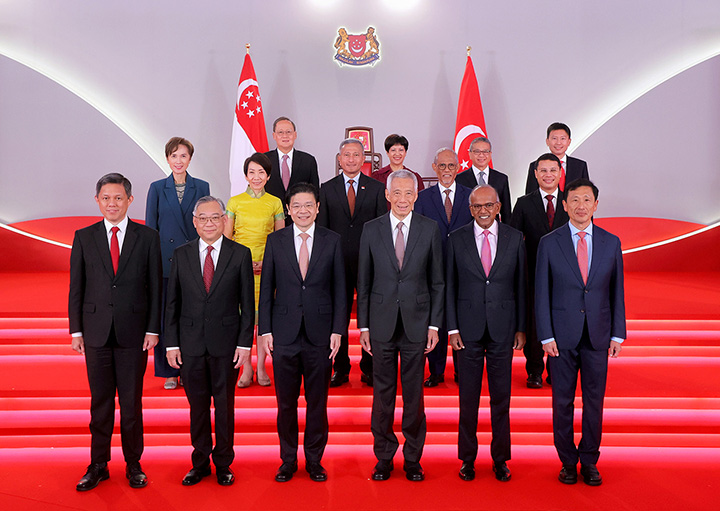
Cabinet Ministers at the swearing-in ceremony on 23 May 2025. (MDDI Photo by Lim Sin Thai)

Mr Lawrence WONG
Prime Minister and Minister for Finance
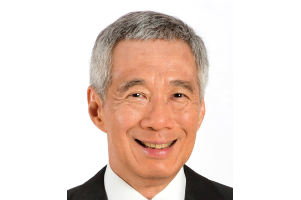
Mr LEE Hsien Loong
Senior Minister
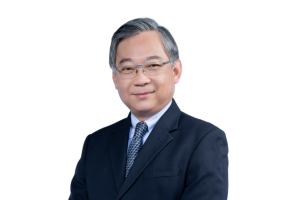
Mr GAN Kim Yong
Deputy Prime Minister and Minister for Trade and Industry
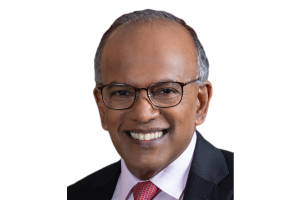
Mr K Shanmugam
Coordinating Minister for National Security and Minister for Home Affairs
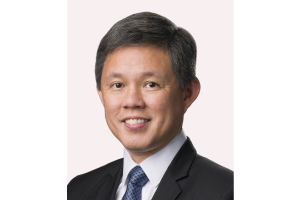
Mr CHAN Chun Sing
Coordinating Minister for Public Services and Minister for Defence
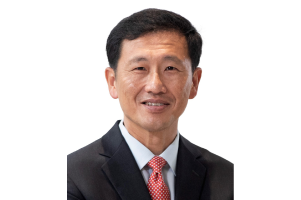
Mr ONG Ye Kung
Coordinating Minister for Social Policies and Minister for Health
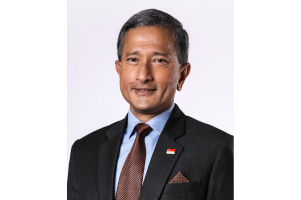
Dr Vivian BALAKRISHNAN
Minister for Foreign Affairs
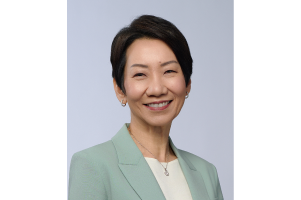
Ms Grace FU Hai Yien
Minister for Sustainability and the Environment
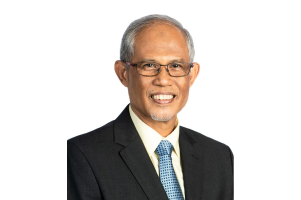
Mr MASAGOS Zulkifli
Minister for Social and Family Development
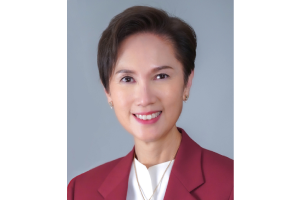
Mrs Josephine TEO
Minister for Digital Development and Information
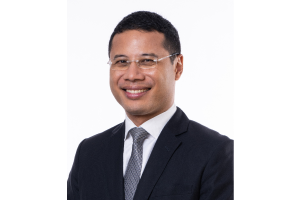
Mr Desmond LEE
Minister for Education
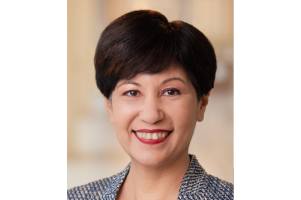
Ms Indranee THURAI RAJAH
Minister, Prime Minister's Office, Second Minister for Finance and Second Minister for National Development
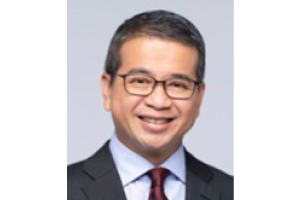
Mr Edwin TONG
Minister for Law and Second Minister for Home Affairs

Dr TAN See Leng
Minister for Manpower

Mr CHEE Hong Tat
Minister for National Development

Assoc Prof Muhammad FAISHAL
Acting Minister-in-charge of Muslim Affairs
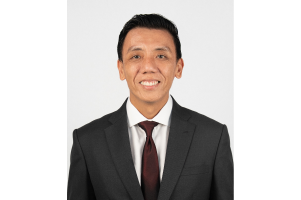
Mr Jeffrey SIOW
Acting Minister for Transport

Mr David NEO
Acting Minister for Culture, Community and Youth
